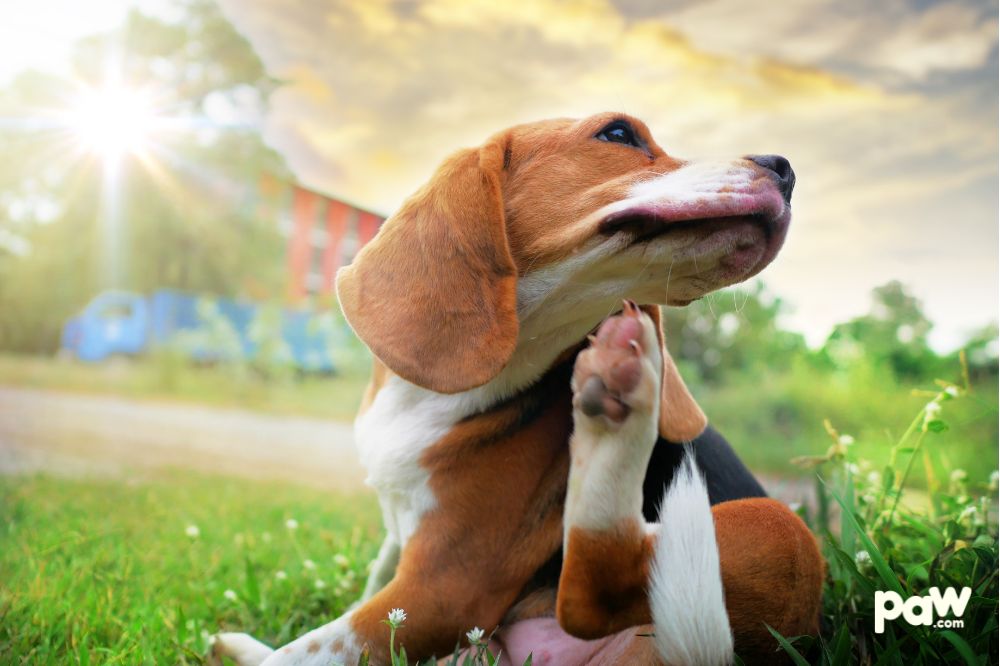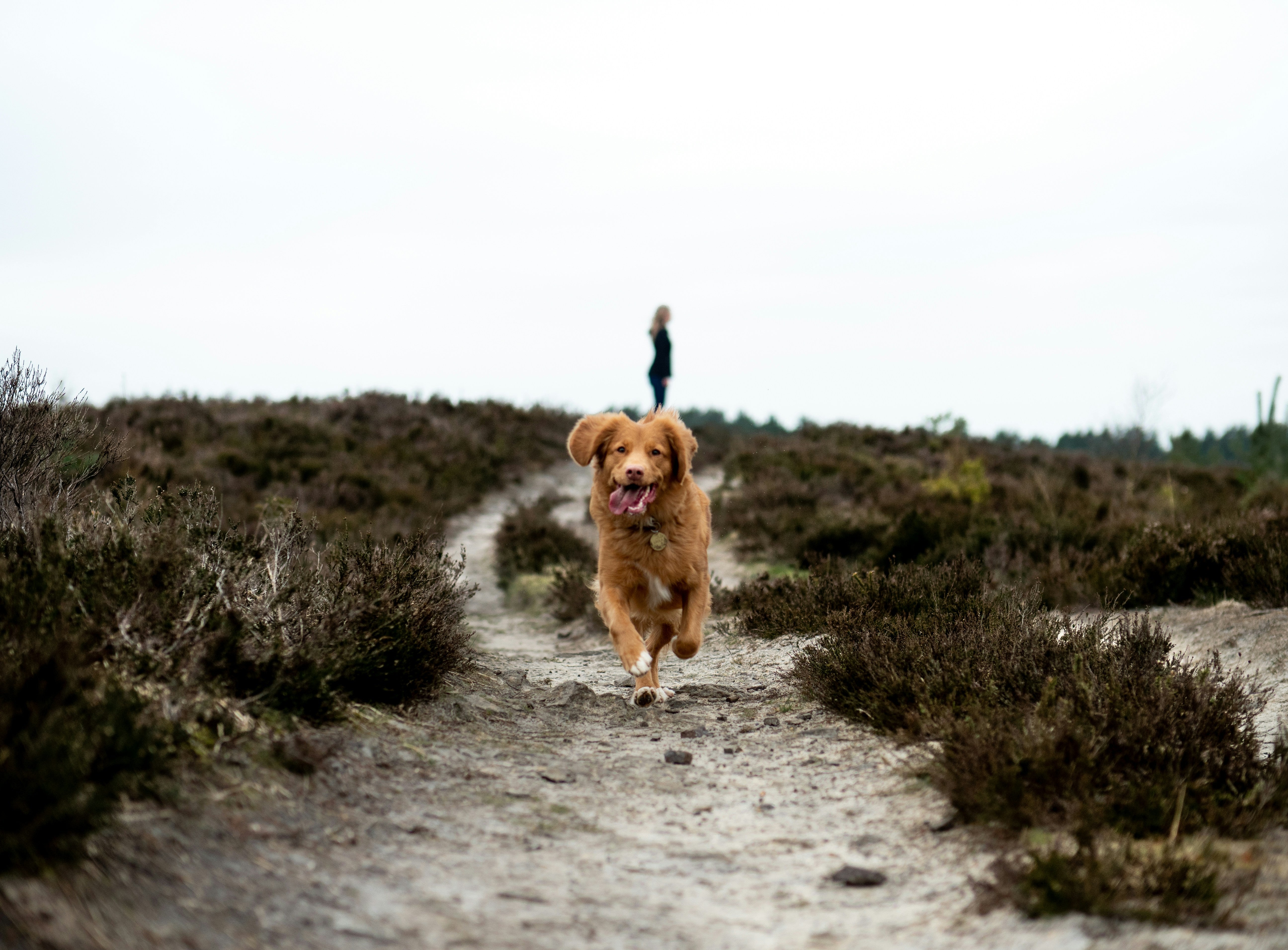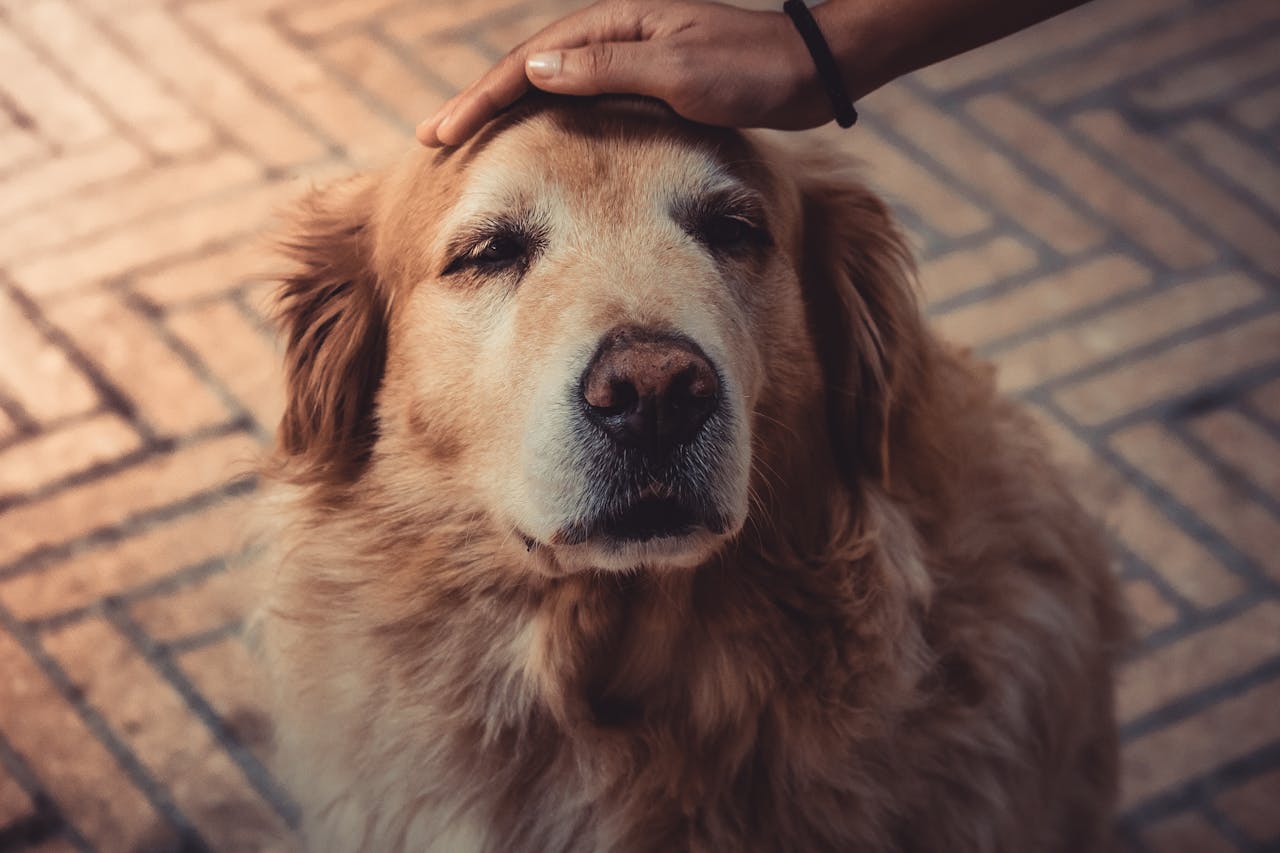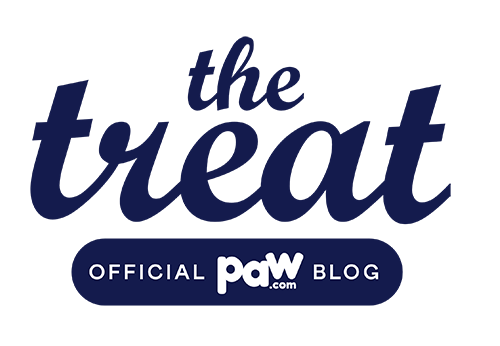
Why Does My Dog Still Stink after a Bath?
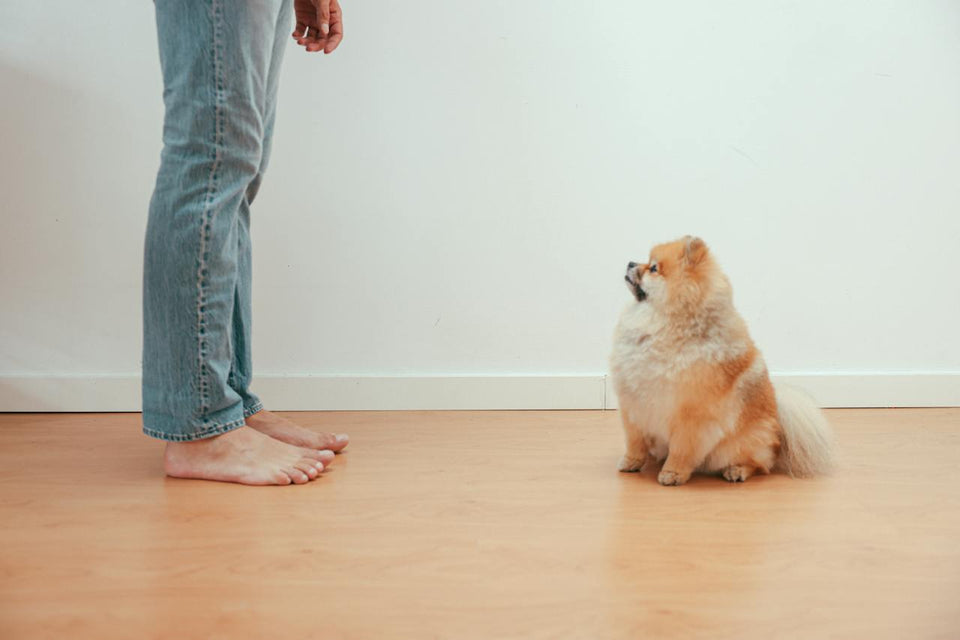
You love your furry friend, but the lingering smell after bath time can be a challenge. Persistent dog odors are more than just a nuisance; they signal a need for a deeper solution. In this guide, you'll find practical tips and targeted strategies to tackle those stubborn scents. From the underlying causes to the role of regular grooming, we'll explore it all. We'll also introduce you to Paw.com's quality shampoo and conditioner, a game-changer in pet care. Keep reading to discover how to keep your home smelling fresh and welcoming, despite your dog's natural tendencies.
Differentiating Between Skin, Fur, and Environmental Odors
Discovering the root cause of your dog's odor is key. Odors can originate from the skin, fur, or the environment. Skin issues often arise from allergies or infections, impacting the natural balance and leading to unpleasant smells. Fur, on the other hand, can trap odors from the environment, such as dirt or pollutants, which are accentuated when wet. Environmental factors also play a significant role, as dogs can absorb smells from their surroundings, including household scents or outdoor elements like grass.
Common Health Issues Leading to Bad Smells
Health problems can significantly contribute to a dog's odor. Issues like yeast or bacterial skin infections are common culprits. These conditions can cause an overgrowth of microorganisms, leading to a noticeable smell. Similarly, poor dental health or internal medical conditions, such as kidney disease or diabetes, can result in bad breath or other body odors.
You may also like: 8 Dog Breeds with Bad Teeth
Impact of Diet on a Dog’s Scent

Diet plays a crucial role in a dog's overall health and scent. Poor dietary choices can lead to skin issues or digestive problems, which in turn affect a dog's odor. A balanced diet rich in essential nutrients contributes to healthy skin and fur, minimizing odors.
You may also like: What to Feed your Dog, and What Not ...
The Role of Breed and Fur Type
Certain breeds or fur types are more prone to developing odors. Breeds with dense fur or skin folds require special attention, as they can harbor bacteria and yeast more readily. Regular grooming and breed-specific care are essential to manage these odors.
Importance of Veterinary Consultation for Persistent Odors
If odors persist despite regular grooming and dietary adjustments, it's important to consult a veterinarian. They can diagnose underlying health issues and provide targeted treatments to address the specific causes of your dog's odor.
Regular Grooming Techniques
A consistent bathing routine using appropriate dog shampoos can significantly reduce odors. Shampoos with ingredients like lipids and ceramides help protect the skin and maintain its moisture balance.
Choosing the Right Grooming Tools
Selecting the right grooming tools, such as brushes and combs suitable for your dog's fur type, is essential. These tools help remove dirt, debris, and loose hair, which can contribute to bad odors.
Techniques for Thorough Cleaning
Thorough cleaning techniques involve not only bathing but also focusing on specific areas prone to odor buildup, such as ears, paws, and skin folds. Regular ear cleaning and paw care can prevent the accumulation of bacteria and yeast.
Importance of Drying Your Dog Properly
Proper drying post-bath is crucial. Moisture trapped in the fur or skin folds can lead to odor-causing bacteria and yeast growth. Ensure your dog is completely dry, especially in dense or folded areas.
Benefits of Professional Grooming Services
Professional grooming services offer thorough cleaning and grooming that might be challenging to achieve at home. They can also provide specialized services, such as anal gland expression, which can be a source of odor if not properly managed.
The Role of Diet in Dog Odor
A healthy diet influences skin health. Diets rich in essential fatty acids and vitamins can promote healthy skin and reduce the likelihood of skin conditions that cause odors.
Recommended Foods for a Healthier Coat
Foods high in omega-3 and omega-6 fatty acids, as well as those rich in antioxidants, can support a healthier coat and skin. These include certain fish, lean meats, and specific dog food formulations.
Ingredients to Avoid in Dog Food
Avoid ingredients that can trigger allergies or digestive issues, such as certain grains or artificial additives. These can exacerbate skin conditions and contribute to bad odors.
Supplements for Skin and Coat Health
Supplements like fish oil or biotin can enhance skin and coat health. However, it's important to consult a veterinarian before adding supplements to your dog's diet.
How Hydration Affects Your Dog’s Smell
Adequate hydration is crucial for maintaining healthy skin and fur. Ensure your dog has constant access to fresh water, as dehydration can negatively impact skin health and contribute to odor issues.
Paw.com Quality Shampoo and Conditioner
When it comes to maintaining a fresh-smelling canine companion, the choice of shampoo and conditioner is crucial. A high-quality product like those offered by Paw.com can make a significant difference. These products are formulated to target the odors specifically emanating from dogs, addressing the root cause of the smell rather than just masking it.
Paw.com products are designed with the unique needs of dogs in mind. They often include ingredients that are gentle on a dog's skin and coat but effective in neutralizing odors. Look for features such as natural ingredients, hypoallergenic properties, and a balanced pH that suits the specific skin condition of dogs.
For optimal results, it is important to use these products correctly. This typically involves wetting your dog’s coat thoroughly, applying the shampoo, and massaging it in for deep cleaning. It's essential to rinse thoroughly to avoid any residue that might irritate your dog's skin. Follow up with a conditioner to keep the coat soft and manageable.
The ingredients in Paw.com products are likely selected for their effectiveness against dog odors. Natural components such as essential oils, aloe vera, or oatmeal can be beneficial. These ingredients not only help in odor control but also promote healthy skin and coat.
When comparing Paw.com products to others, consider factors like ingredient quality, price point, and customer reviews. While Paw.com may offer specific benefits, other brands might also have unique features that suit different needs or preferences.
User testimonials can provide real-world insight into the effectiveness of Paw.com products. Look for reviews that specifically mention the product's impact on dog odor, ease of use, and any skin or coat improvements.
Home Remedies and Natural Solutions
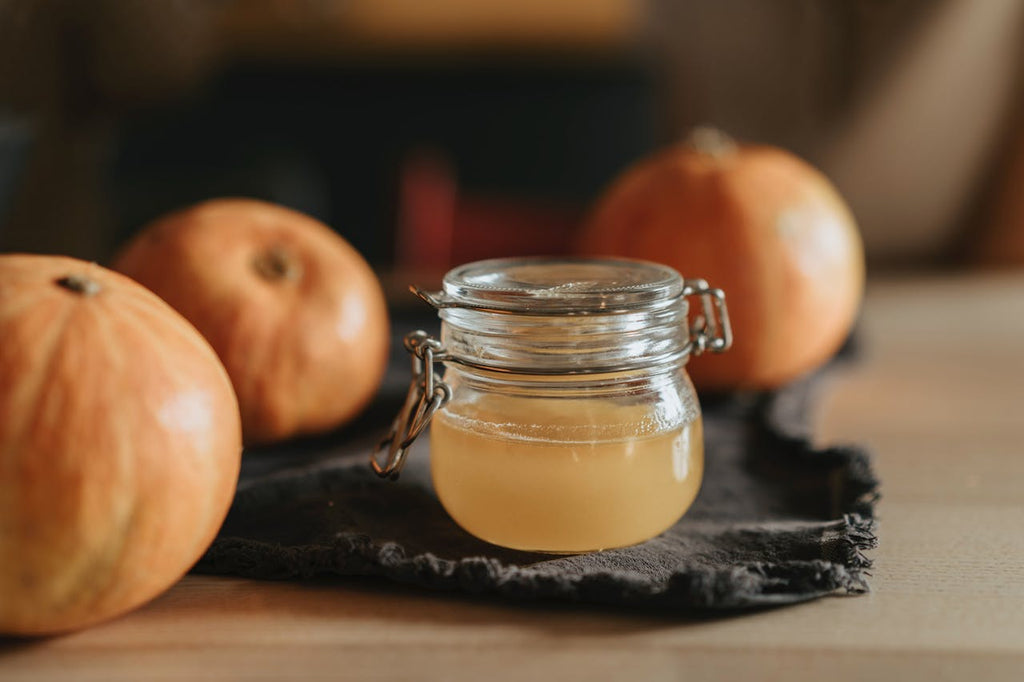
Homemade solutions can be effective in controlling dog odor. Baking soda, for example, is a natural deodorizer that can be sprinkled on carpets and upholstery to absorb odors. Vinegar solutions are also helpful in neutralizing the alkaline odors typical of pet stains.
Using natural ingredients in homemade solutions is beneficial as they are less likely to cause irritation to your dog’s skin. Ingredients like apple cider vinegar and baking soda are not only effective but also safe for use around pets.
Essential oils can be strong deodorizers, but their safety profile is important. Some essential oils can be toxic to dogs, so it's crucial to choose pet-safe options and use them correctly.
Diet plays a significant role in how a dog smells. Homemade diets that include fresh, natural ingredients can help reduce odors from the inside out. However, it's important to ensure that any homemade diet is nutritionally balanced for your dog.
The environment in which your dog lives can also affect its odor. Regular cleaning of your home, including washing your dog’s bed and toys, can help minimize odors. Air purifiers and regular grooming can also play a significant role in keeping your home smelling fresh.
Achieving a Fresh-Smelling Home with Your Pet
In our journey to banish persistent dog odors, we've explored a plethora of tips and strategies. Remember, the secret lies in persistence and consistency. Regular baths, using the right shampoos, and maintaining your pet's health are not one-time tasks but a continuous commitment.
Paw.com products stand out as your allies in this quest. Their range, specifically designed for pet odors, can be a game-changer in your routine. We encourage you to try them and experience the difference they can make.
We're eager to hear from you! Your feedback and success stories are not just valuable to us; they help other pet owners navigate similar challenges. Sharing your experiences creates a community of informed and supportive pet lovers.
In conclusion, a stink-free environment with pets is not just a dream. It's an attainable reality. With the right approach, products, and a bit of effort, your home can remain as fresh and welcoming as ever, even with your furry friends around. Let's cherish our pets without compromising on a clean, fresh-smelling home.
Share this article
written by
